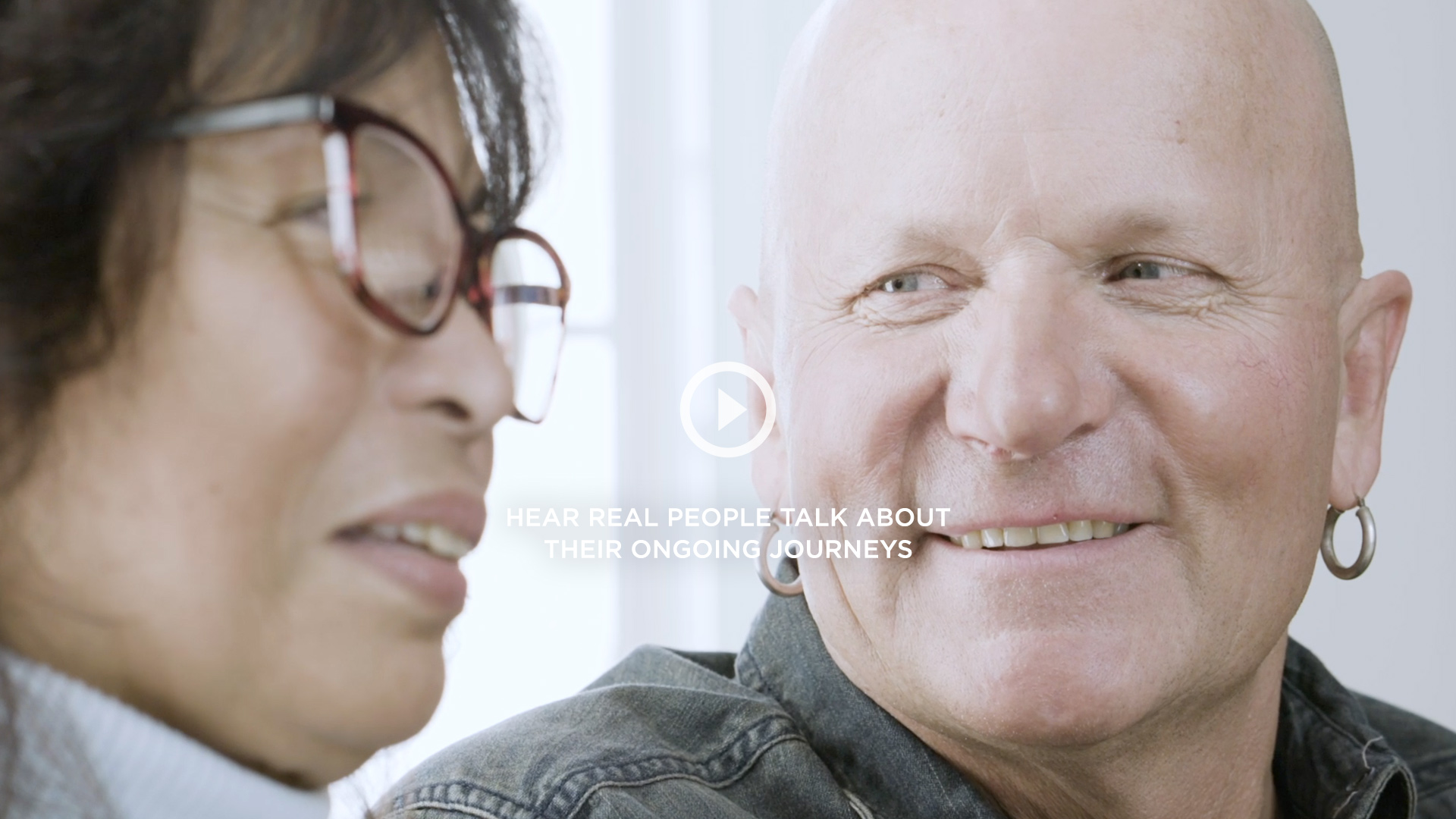Menu
look
Visual things to pay attention to during your loved one’s ongoing recovery
- Keep track of any changes in your loved one’s symptoms and mental health. Some issues, like spasticity, may take several weeks to appear
- Continue watching for signs of another stroke (face drooping, muscle weakness, slurred speech/confusion)
- Monitor your loved one’s exercise level to ensure they are following the prescribed program
- Keep an eye on your loved one’s progress to ensure they are not getting worse or losing functionality
listen
Details to make note of during your loved one’s ongoing recovery
- Pay close attention to all directions given by doctors at follow-up visits and take notes
- Listen to information pharmacists provide about your loved one’s medications, including how and when to take them as well as any side effects
- Talk to a physical therapist for advice on how to complete home exercises properly and safely
- Receive encouragement from family and friends on the progress you and your loved one are making
“
IT’S EXTREMELY HARD AT FIRST BUT...IT’S REWARDING AND GETS A THOUSAND TIMES BETTER. ALL THE BROKEN PIECES GET PUT BACK TOGETHER.”–JOHN, CAREGIVER
ASK
Conversations to have during your loved one’s ongoing recovery
- Find out about refresher training if either you or your loved one are having difficulty remembering the home exercise program
- Review your loved one’s medications with all of their doctors to determine if any changes are needed
- Ask the healthcare team if you and your loved one are following prevention strategies appropriately in terms of medications and lifestyle management (eg, diet, exercise) to help reduce the risk of future strokes
Do
Tasks to complete during your loved one’s ongoing recovery
- Continue following the prescribed treatment plan for diet, exercise, and medications, unless directed otherwise
- If you work, now may be the right time to conduct a trial return to work to see if either you or your loved one are ready
- Research stroke or spasticity support groups for your loved one
- Contact the Social Security Administration about disability benefits for your loved one, if applicable
Caution
Talk to your loved one’s doctor if you notice any of these signs and symptoms:
- Skin breakdown, particularly inside the joints of the elbow, hand, and knee. This may be due to reduced range of motion caused by spasticity
- Fast or noisy breathing, wheezing, coughing, drooling, fever, or impaired voice. These may be signs that your loved one has breathed in food or saliva (also called pulmonary aspiration), which can lead to pneumonia
CAREGIVER
MATTERS
The future may feel daunting, but it doesn’t have to be:
- BE PRESENT Take things one day at a time, and try not to worry about the “what ifs” of tomorrow
- REWARD YOURSELF Give yourself credit for all you’ve accomplished as a caregiver for a stroke survivor
- KEEP AT IT Continue with daily exercise and a healthy diet so you can stay fit and strong for the road ahead
- STAY POSITIVE Don’t lose sight of the progress you’ve made and the new hopes and dreams the future may bring
- SHARE YOUR STORY Bring inspiration and encouragement to others on the caregiver journey by helping them know what to expect









